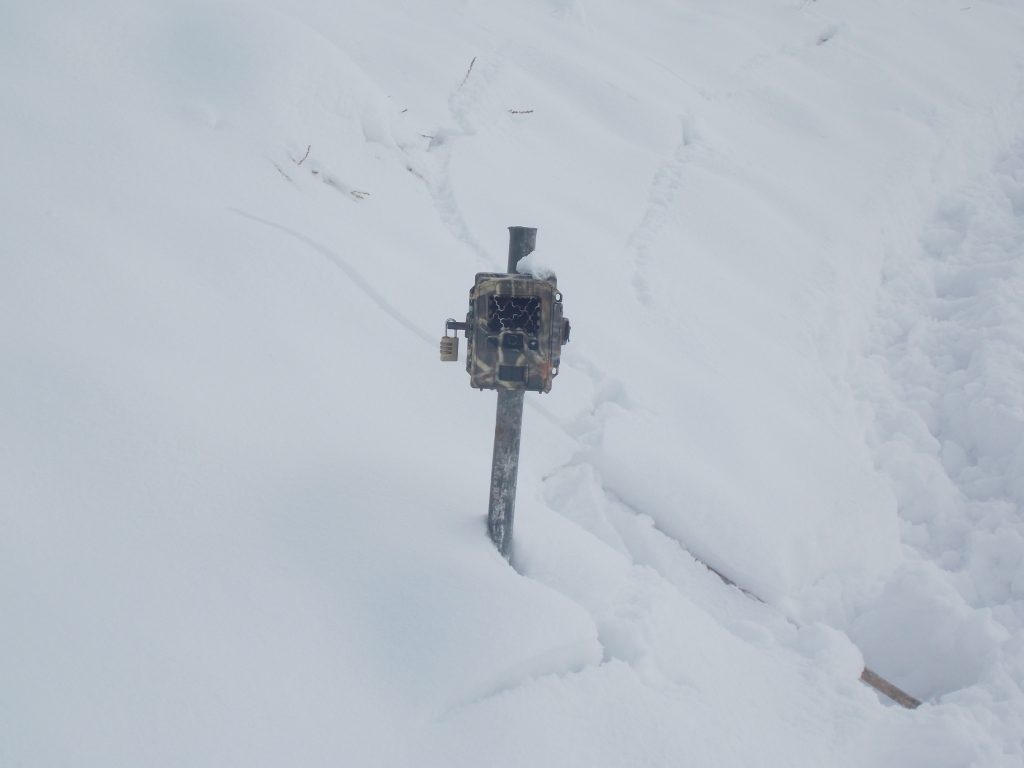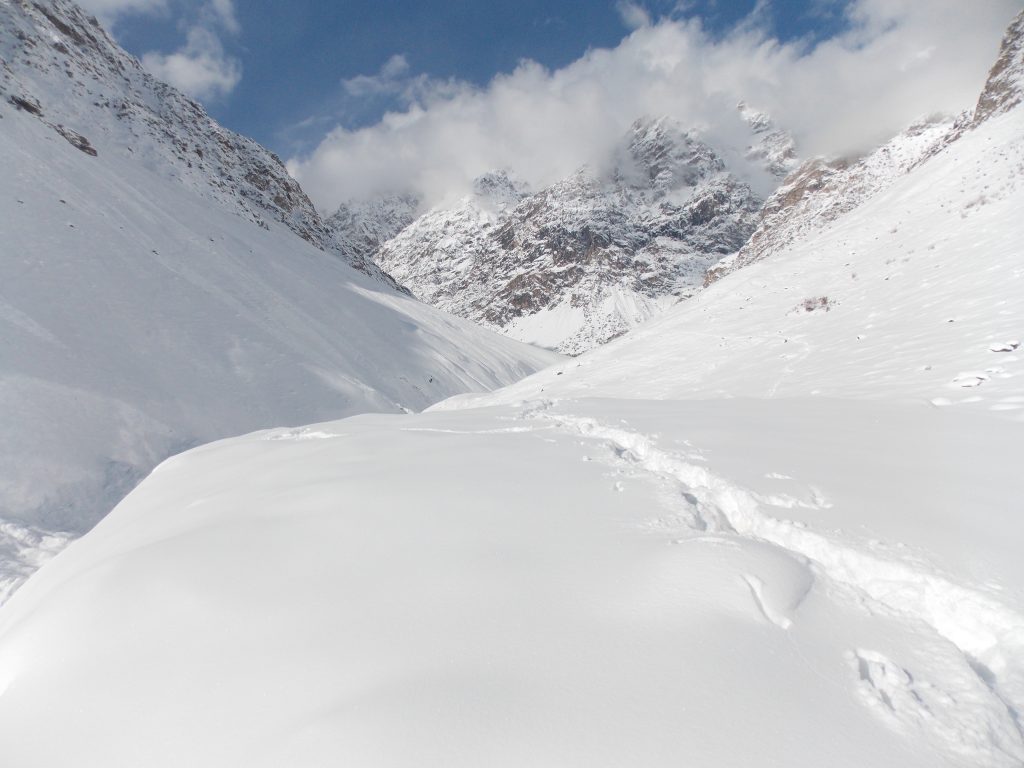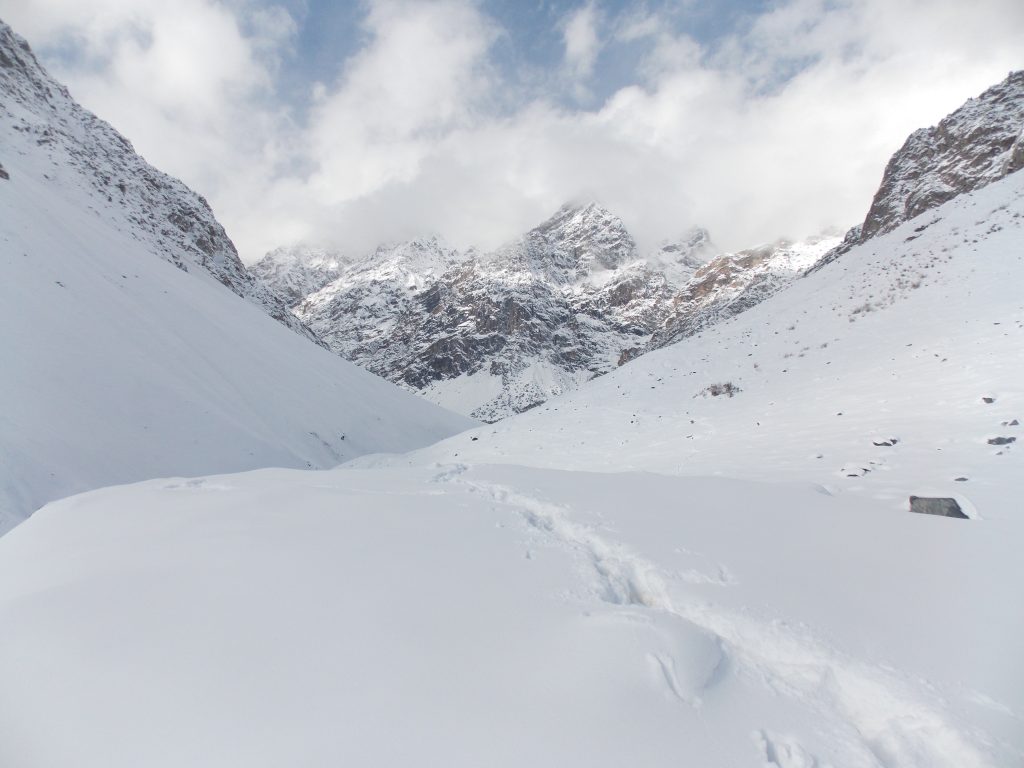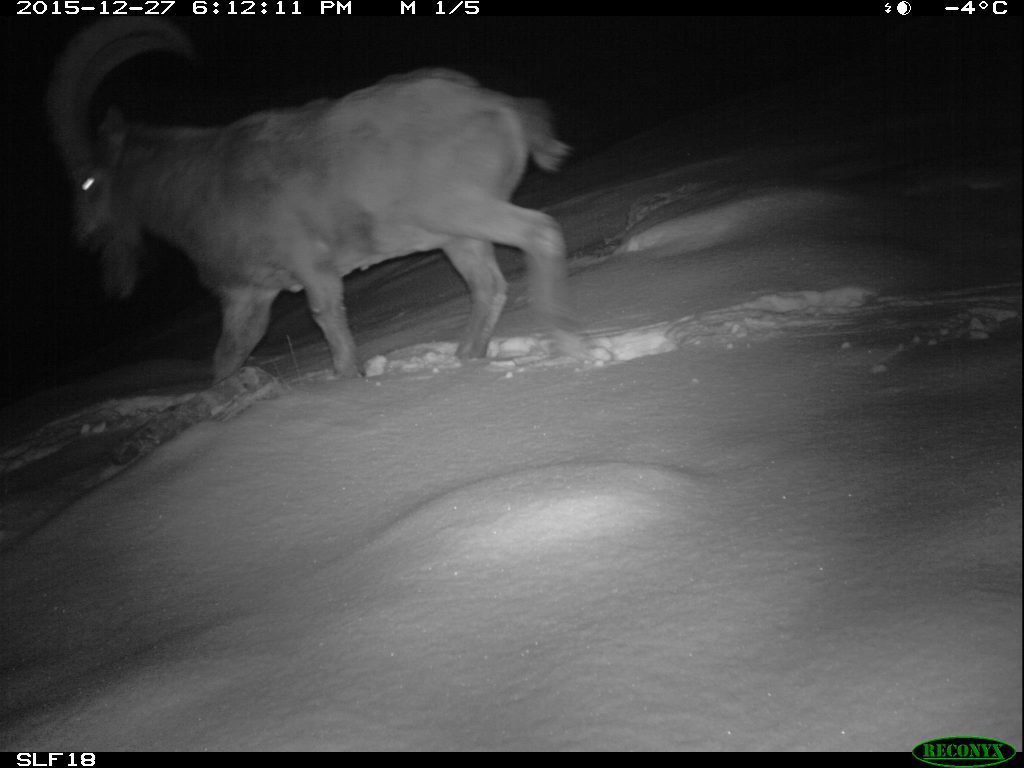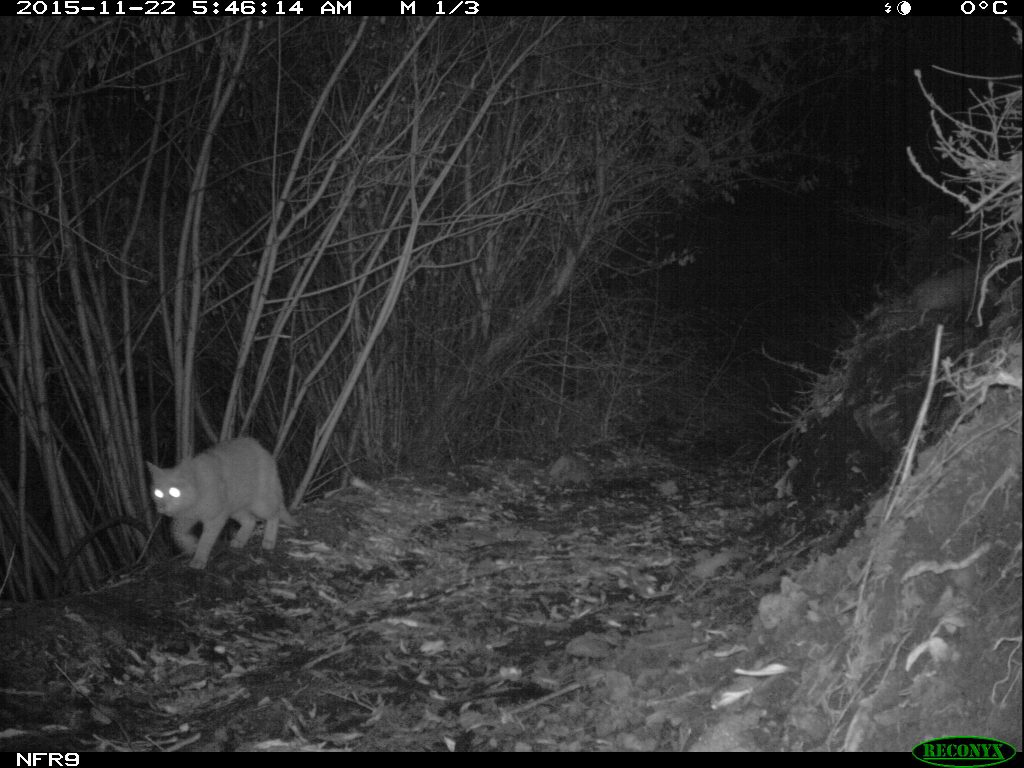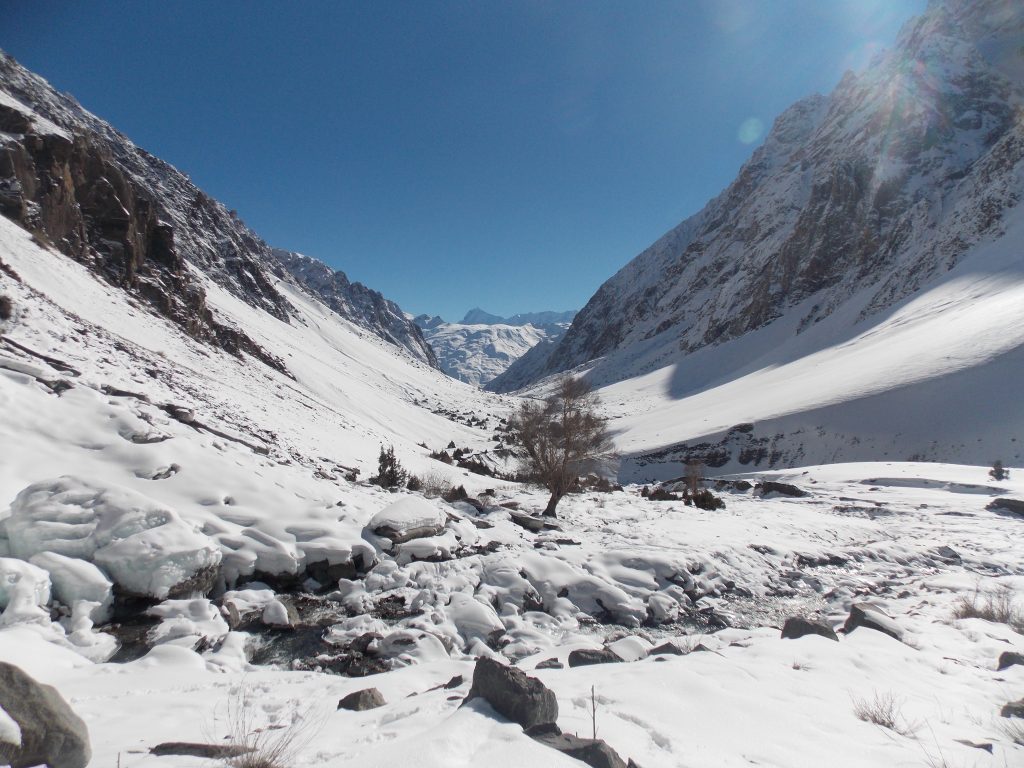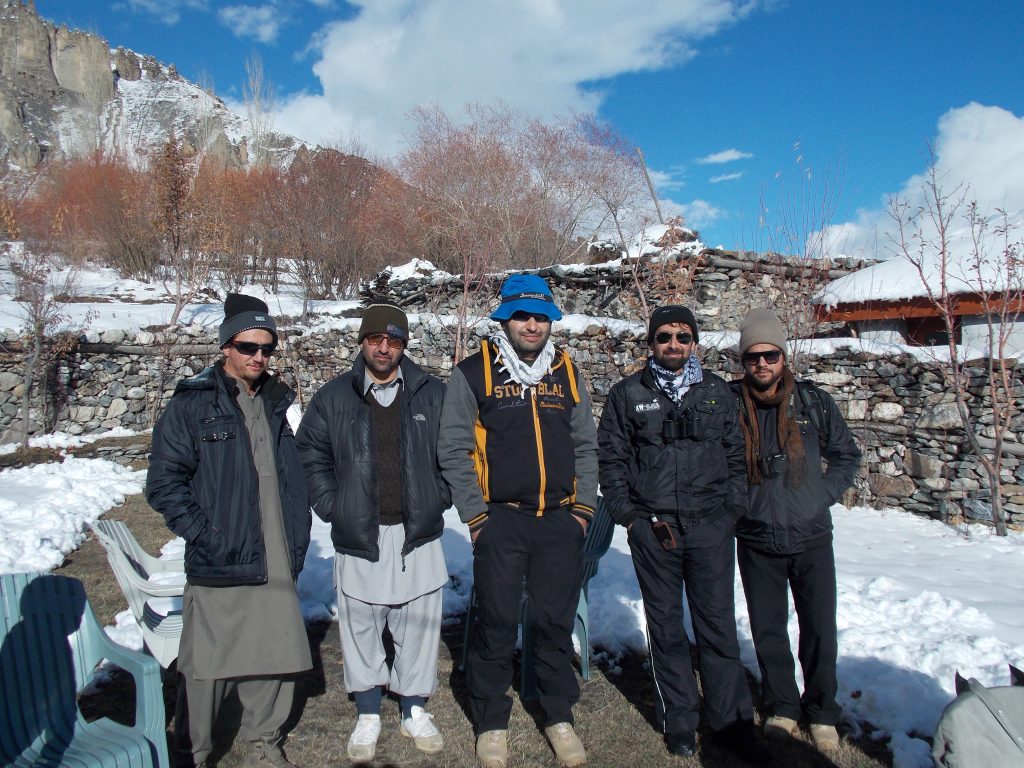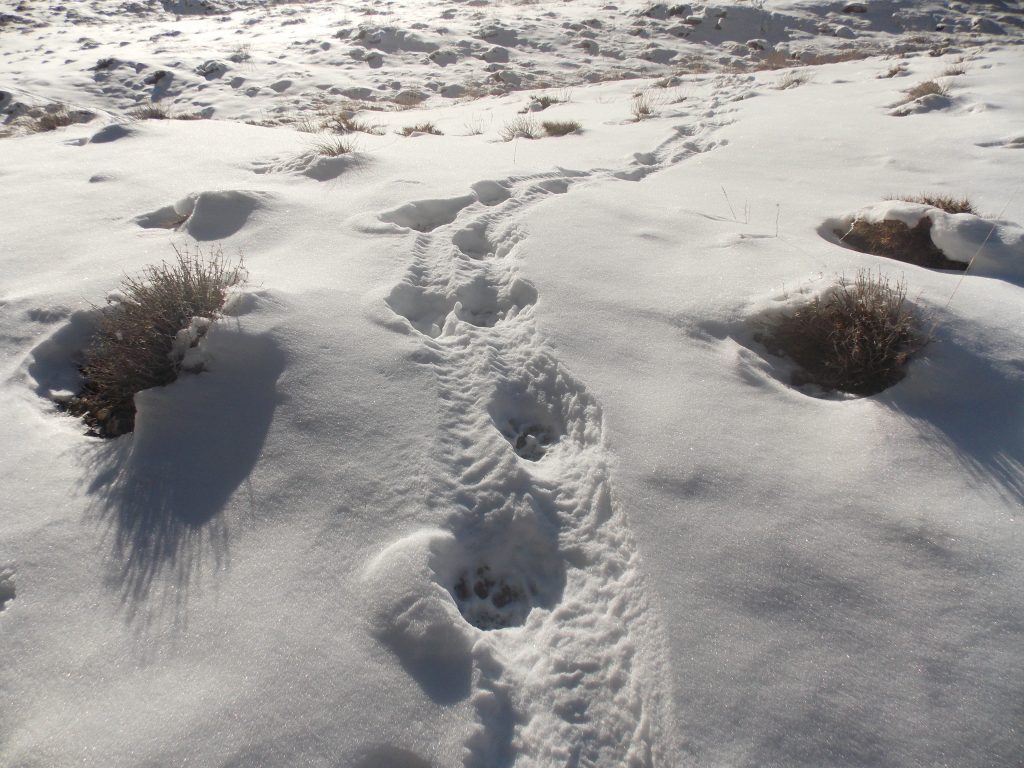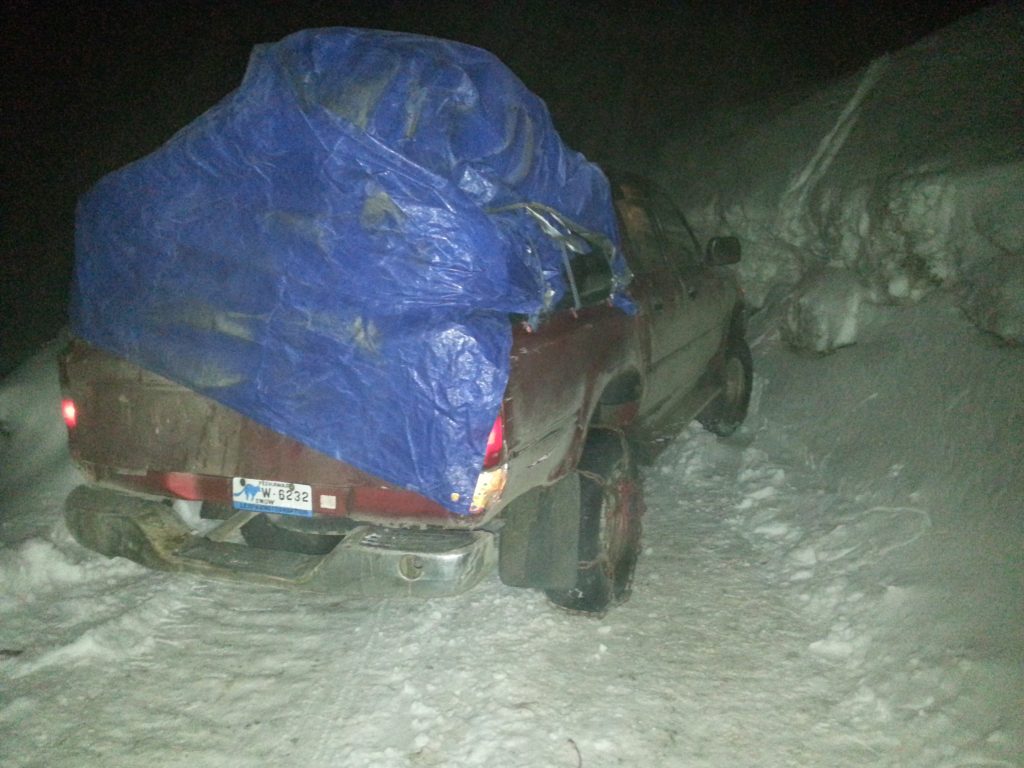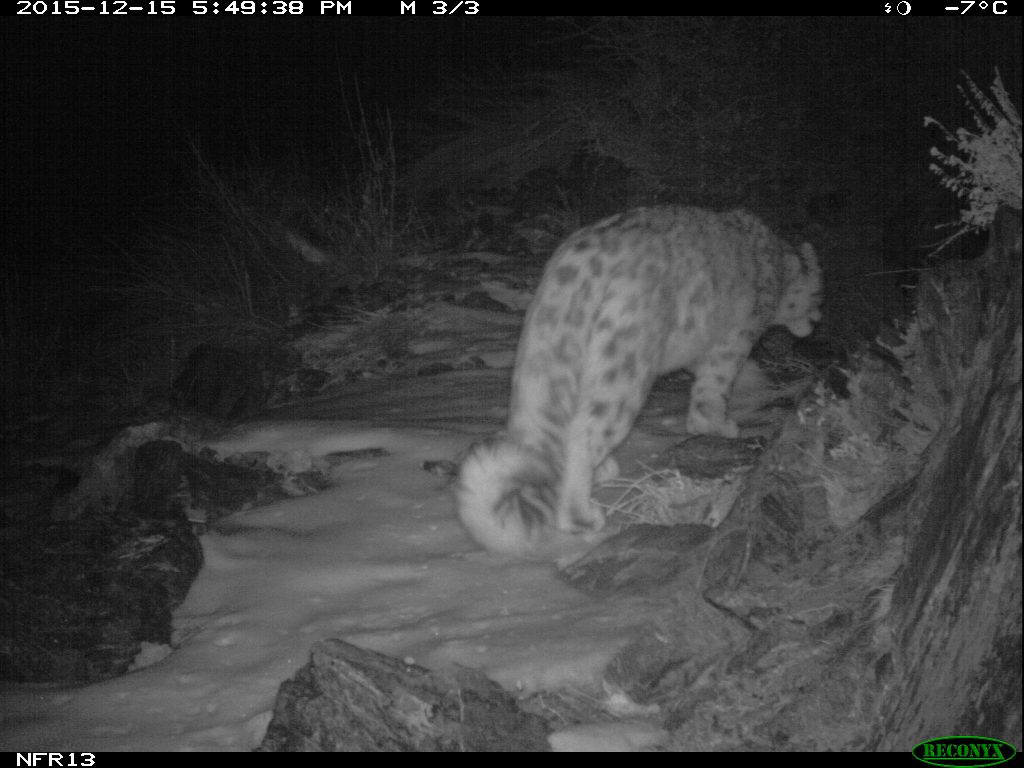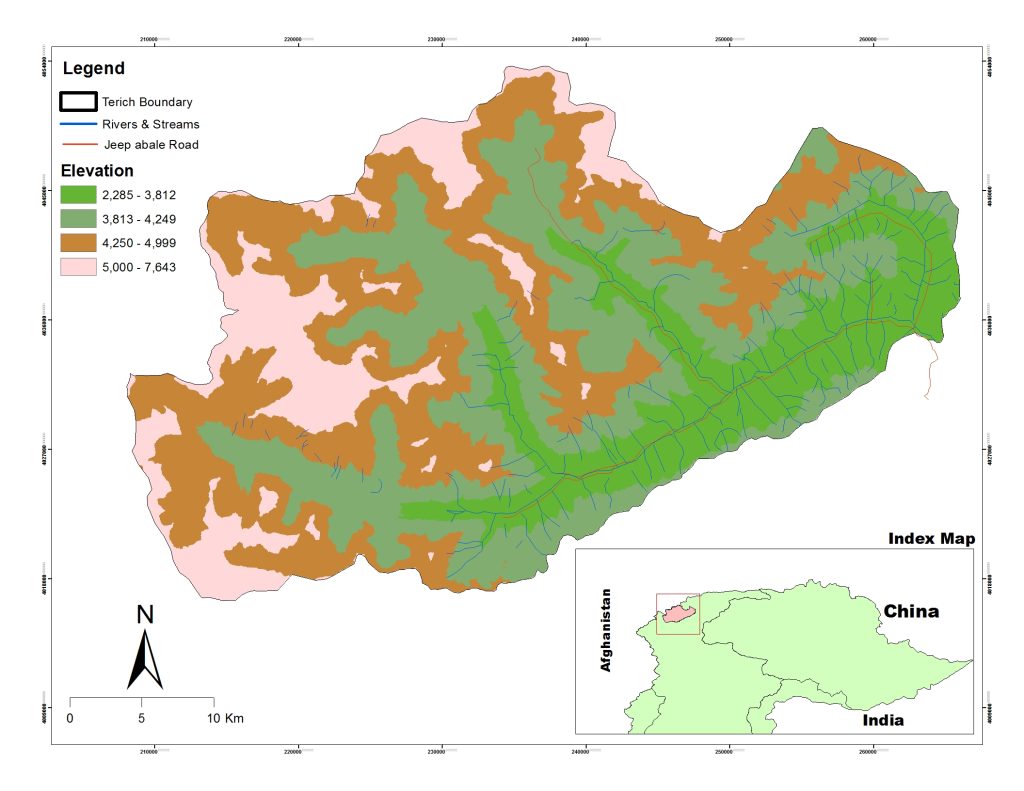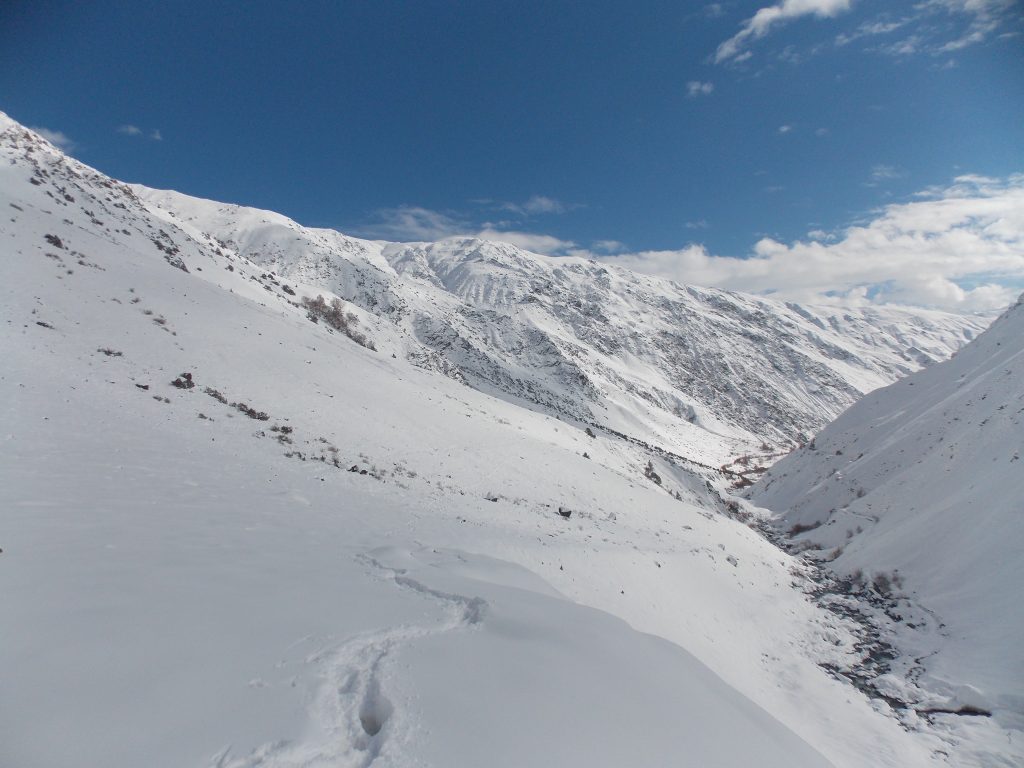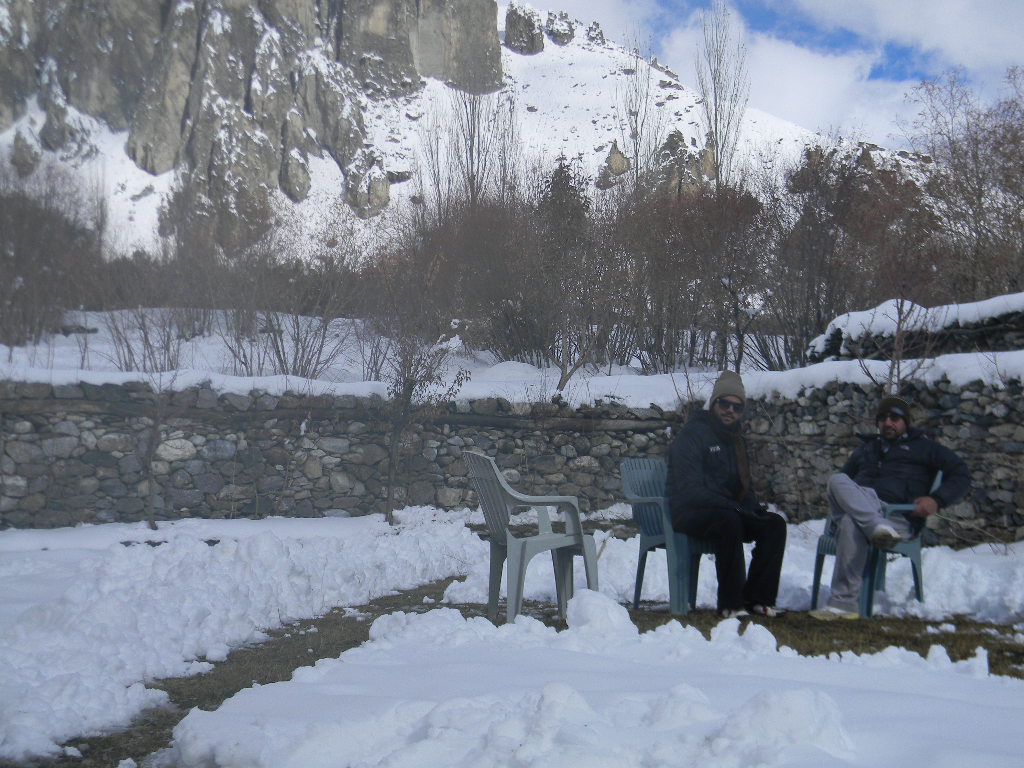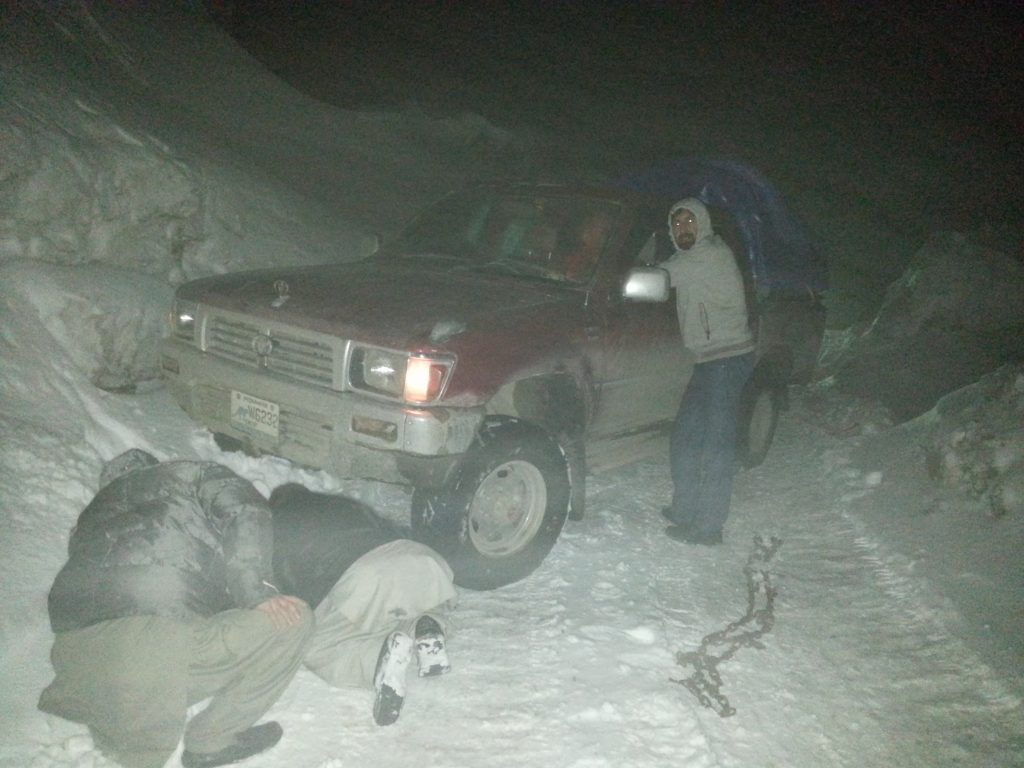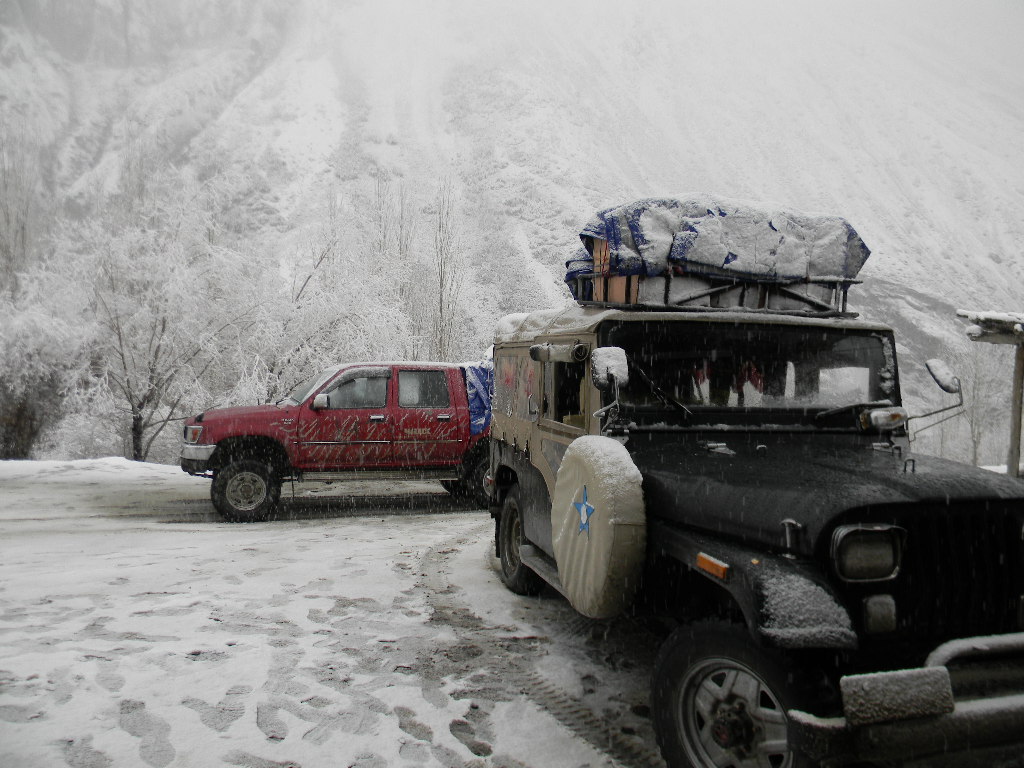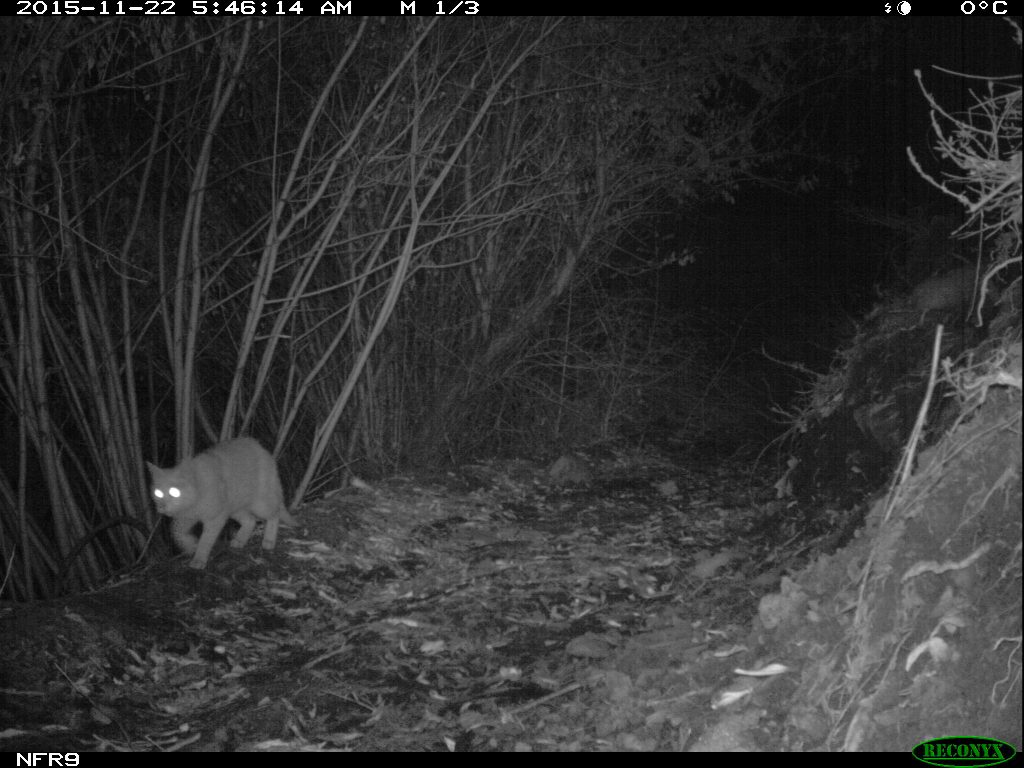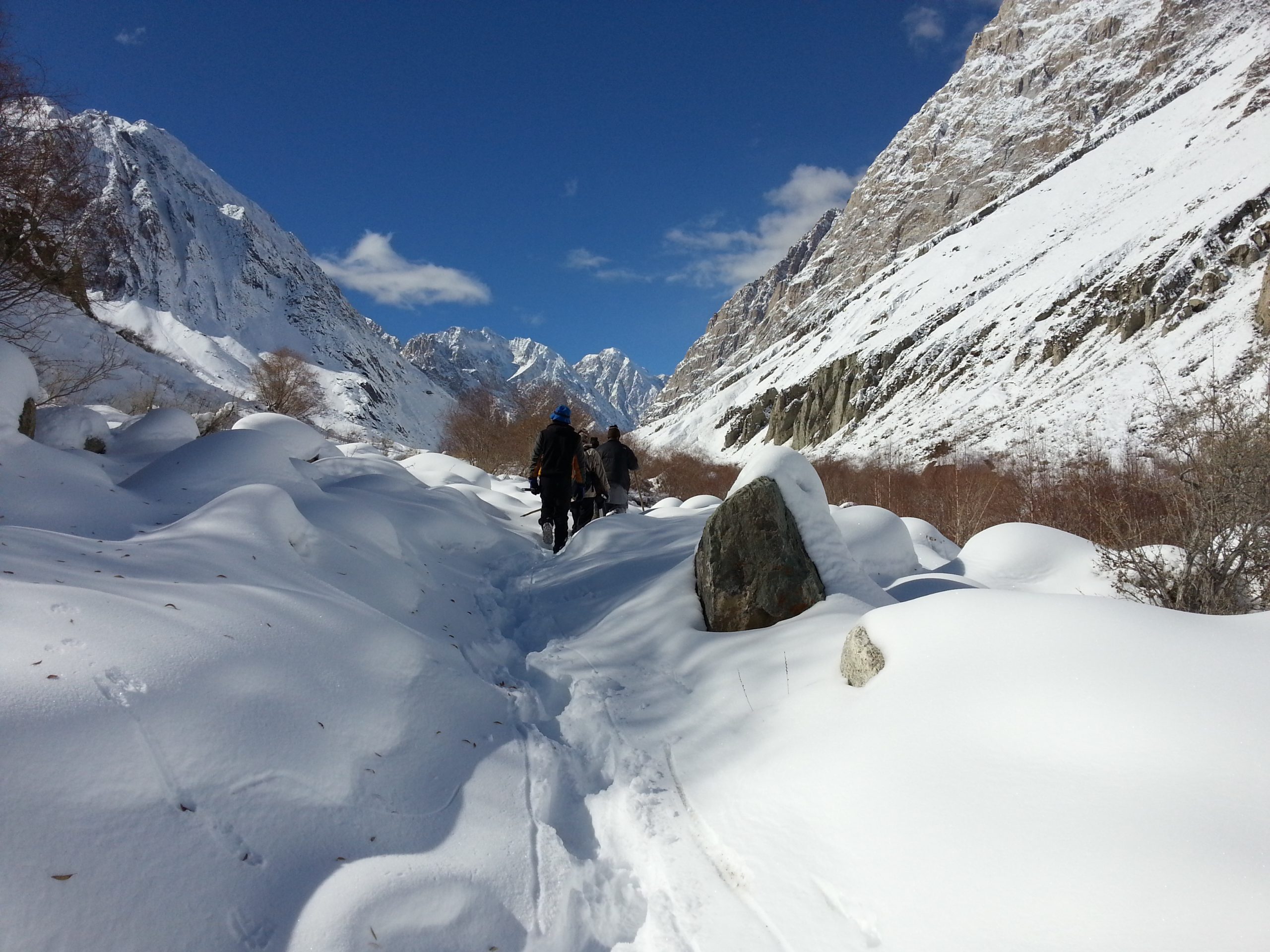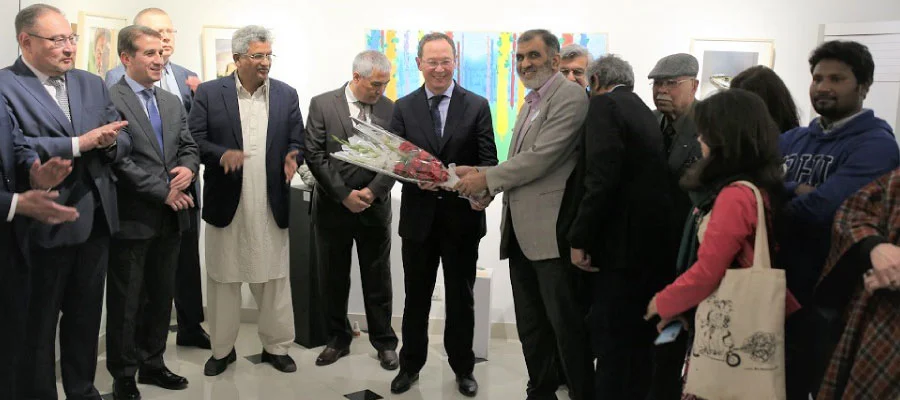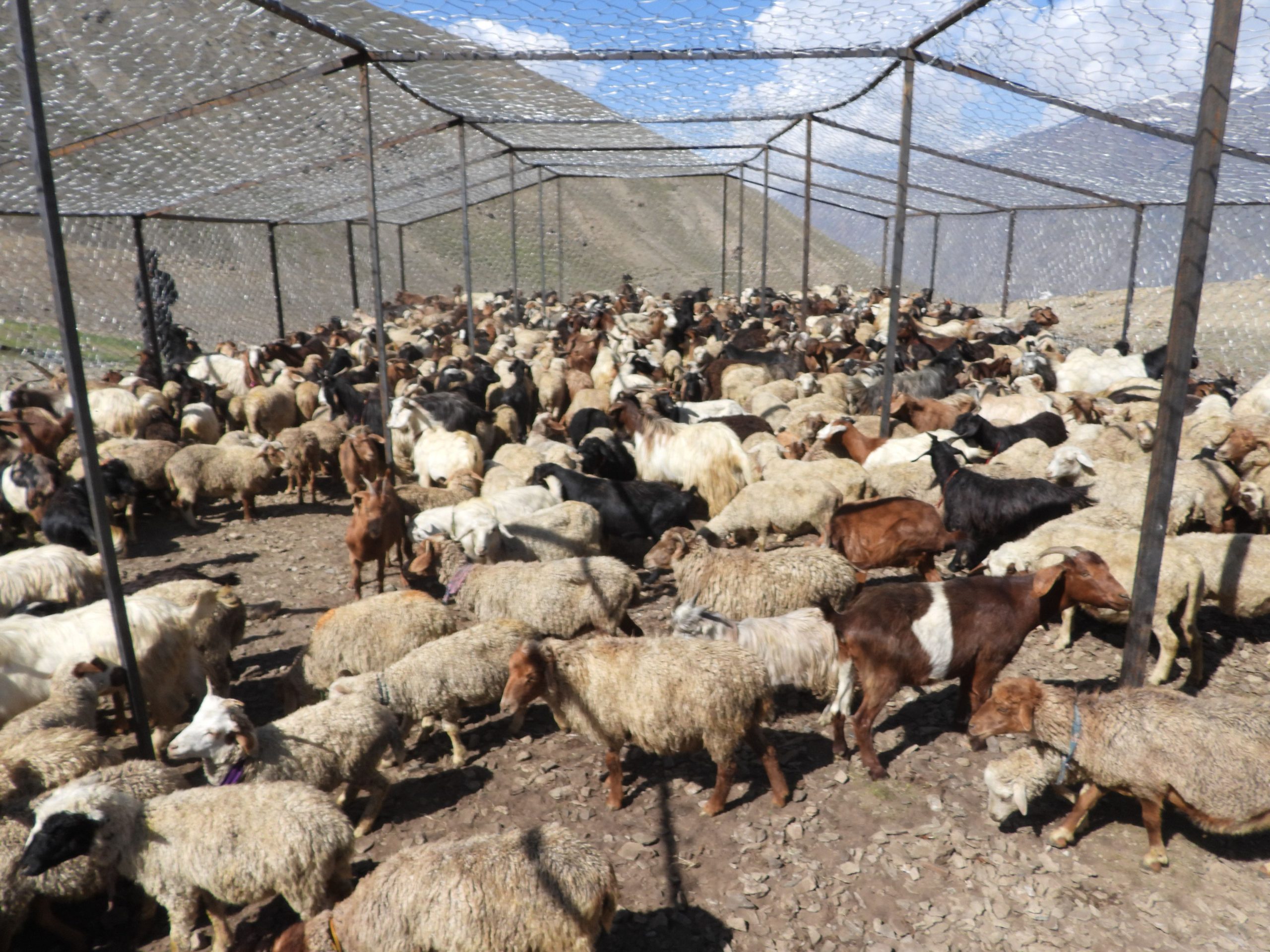“The Mountains are calling and I must go.” John Muir
And so the adventure begins…… People going on a vacation may start like this, but when you have to travel as part of your work it’s quite different, challenging and sometimes unpleasant. We were going on such a journey to the Remote Valley of Terich in the foothills of Terichmir, the highest peak in the Hindukush Mountain range.
A distance of 629 Km from Islamabad, took us almost 30 hours, to Terich Valley. Our first destination was SLF regional office Chitral a distance of 440 Km. A team of four when set out from Islamabad, On Nov 10th of the last year, were excited but soon worry replaced it. We received news of snowfall at the Lawari Pass, perhaps the only difficulty and adventure one would have before reaching Chitral. Vehicular movement was hampering due to snowfall at the Lawari but we reached the top with little difficulty. It was 9 at night, while turning to the north face of the mountain the Pickup suddenly slipped to the edge of the narrow road. The driver was quick enough to apply a break and turn it to the left but the substrate couldn’t support all this and the pickup skidded and parked on an oblique angle to the road. We had just made a narrow escape from death but it was neither possible nor wise to travel any further without snow chains. So the crew started working on it and after scrambling half an hour in the freezing cold it was done. Until we climbed down into the valley, all of us remained silent while rubbing hands to get warmth. After midnight we reached the SLF regional office in Chitral.
On the 12th of Nov, the Journey again started for a distance of 189 Km (from Chitral to Terich) and the crew doubled. Snowfall started on the midway and got heavier when we entered the valley, thanks to the villagers who came to make our way finally to our base camp. It took us one more day to muster up courage and move in the field.
Wildlife research involves many things others couldn’t imagine, one of them being the associated weather conditions. In Terich Valley we were welcomed with more than 18 inches of snow on the ground. The slopes were very steep and avalanches and rock falls not unusual. We were confined to the lower reaches and less dangerous sites by natural conditions. Installation of 28 cameras remained continued for the next six days by three different teams in different watersheds of the Valley which were rebaited and taken down following a fixed schedule of 40 days.
After the exhausting field day, a series of stories were told about everyone’s experience of the day. The stories ranged from where they went, what they did and what they observed. In some cases, they had escaped a rock fall or had stepped into the freezing water underneath the snow. Appropriate guidance and cautionary measures were given by the seniors.
After the installation of the cameras, a three-member team remained in the valley for a period of 52 days gathering information from the locals and monitoring the cameras. Meanwhile, a survey of the ungulate population was also conducted using the double observer method. The team frequently visited schools and other community gatherings to educate and aware people of the need for conservation efforts. During the visits, many misconceptions about carnivores were dispelled and other conservation-related issues were discussed and resolved.
The results of the study were encouraging, despite the troublesome weather conditions which we faced every day in the field. A number of animals including snow leopards, Ibex, Wild cats, jackals, foxes, cape hares, stone marten and other mammals and birds were recorded in the cameras. A presentation was also given to the villagers about the animals in their area. Many of the people expressed their excitement and joy knowing who else was sharing their backyard. The goals of our visit to the Valley were positively met and it was time to say goodbye to the valley and the villagers. We returned to Chitral on 31st December 2015 with everlasting memories. Of course, the best thing about the memories was in their making.
Fathul Bari
